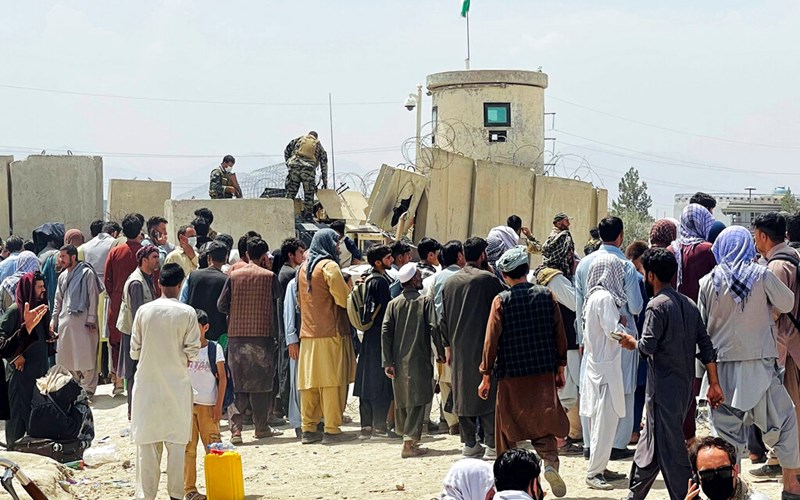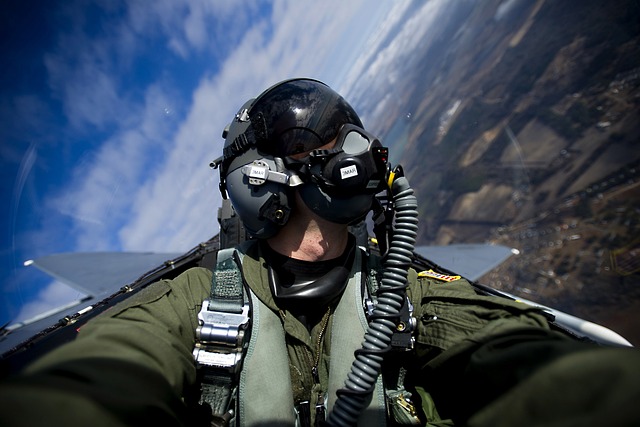A recently published article details the plight of an Afghan interpreter who twice has received letters of denial for Special Immigrant Visa (SIV) status from the U.S. State Department. Ahmad Ehsan (a pseudonym), according to The Epoch Times, was an interpreter and culture adviser for the U.S. military in Kabul between 2018 and 2021. He is one of more than 62,000 visa applicants remaining in Afghanistan who once worked alongside American forces in the country now ruled by the Taliban.
Records from Ehsan's command, including a battalion commander, indicate that he provided "faithful and valuable service" to the U.S. government. Yet, he still finds himself hiding from the Taliban in a desperate attempt to avoid torture and death for his time of service with the U.S. Army.
Ehsan spoke to American Family News, explaining the extenuating circumstance he believes is the reason he has been denied entry into the U.S. in return for faithfully serving in America's longest war: he failed a polygraph one hour after returning from a mission. For the three years prior to that one extraordinary day, he had successfully passed a polygraph every six months.
Ehsan contends that one hour was not enough time to recover from his mission and accurately participate in a polygraph test. According to the Epoch Times article, several combat veterans agree that he was "very unlikely fit."

One of those veterans also spoke to AFN. Former Staff Sgt. Dan Blakeley, who served with the 2nd Battalion, 75th Ranger Regiment, for three tours in Afghanistan between 2009 and 2011 says "one hour is not enough time in a time of war."
Blakeley questions whether anyone, especially an interpreter, would be capable of passing polygraph with little time to wind down and relax. "[After a mission] your entire emotional system is broken with adrenaline spikes and the stress your body's going through," he explains.
The former Army sergeant admits he would expect better treatment from the U.S. government for allies like Ehsan. "Interpreters are an absolutely invaluable asset to any team conducting operations in a war like the one in Afghanistan," he emphasizes.
He also shares that knowing tens of thousands of interpreters have been left behind evokes a few strong emotions.
"I am incredibly disheartened and saddened by their situation, knowing that they have to go into hiding, that their families are at risk, and that many of them have been killed or their families have been killed by the Taliban for working with us," he states.
"[But also] I'm just angry," he continues. "Angry at the fact that the U.S. government didn't have a better plan to protect them."
According to Blakeley, the SIV was supposed to ensure that those who were going to be in harm's way, if the Taliban did take over, were capable of leaving the country to find safe harborage in the U.S.
"I'm just extremely disappointed and furious that we didn't do our job to help the folks who helped us, sacrificing everything, putting their lives and their family's lives at risk, to work alongside us, and we didn't do anything to help them," Blakeley adds.
Ehsan told The Epoch Times that he is "asking kindly from great American people and the U.S. government to keep their promise to save their allies' lives."
He is also asking the State Department to "please evacuate any combat linguist who was wrongfully terminated from their job and had their SIV case also denied."
Dan Blakeley is co-author of The Twenty Year War, a photo journal dedicated to the veterans of the Global War on Terror.







